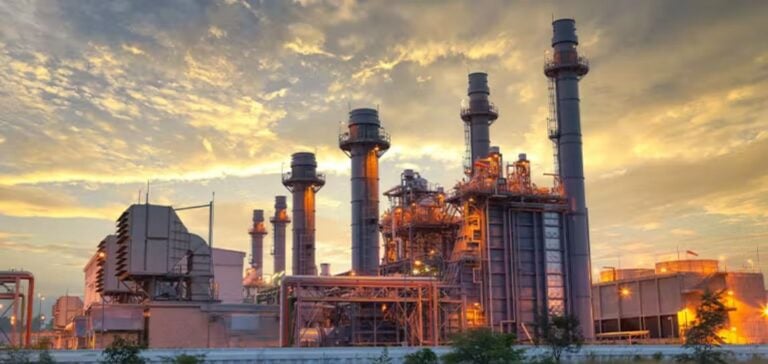Altay Enerji has signed a key agreement with the Municipality of Bishkek for the construction of a new natural gas-fired thermal power plant.
The project, with a thermal capacity of 240 MW and an electrical capacity of 100 MW, is designed to meet the growing energy needs of the Kyrgyz capital, while aligning with the country’s decarbonization objectives.
Using natural gas as the main fuel significantly reduces CO2 emissions compared with traditional coal-fired power plants, offering a cleaner, more efficient solution for power generation.
The agreement uses the Build-Operate-Transfer (BOT) model, a well-established framework in the energy industry for minimizing financial risks for governments while attracting foreign investment.
Altay Enerji will build and operate the plant, before transferring management to the Kyrgyz authorities after a defined period.
This model ensures that technology and skills are shared, helping to build local capacity in the energy sector.
Context and economic impact of the project
Kyrgyzstan, faced with the growing challenges of an obsolete energy infrastructure and rising demand for electricity, sees this project as an opportunity to modernize and improve its energy security.
In addition to the construction of this power plant, parallel projects, such as the renovation of the Bishkekselmash boiler house and the creation of a new power plant on the Bishkek TPP-2 site, are underway to meet the region’s energy needs.
The involvement of the local workforce is a central aspect of this project.
Altay Enerji is committed to recruiting 50% of its workforce from local residents, thereby strengthening the project’s positive economic impact on the region.
This transfer of skills and the improvement of local infrastructure are part of a wider strategy of economic development and unemployment reduction.
Technical challenges and environmental prospects
The construction and commissioning of this gas-fired power plant presents a number of technical challenges, not least the integration of modern technologies into an existing, often antiquated network.
One of Altay Enerji’s priorities will be to ensure that the new facilities can operate optimally while minimizing environmental impact.
The choice of natural gas as fuel is part of a drive to reduce greenhouse gas emissions, thus contributing to the overall efforts to decarbonize the Kyrgyz economy.
The success of this project will also depend on Altay Enerji’s ability to comply with international environmental standards, while ensuring a stable energy supply during the transition phase.
This project could serve as a model for future international collaborations, reinforcing Kyrgyzstan’s role as a key energy player in Central Asia.
The agreement between Altay Enerji and the Municipality of Bishkek represents a significant step forward for the Kyrgyz energy sector.
It testifies to a shared commitment to modernization and carbon footprint reduction, with important implications for the country’s energy future.





















